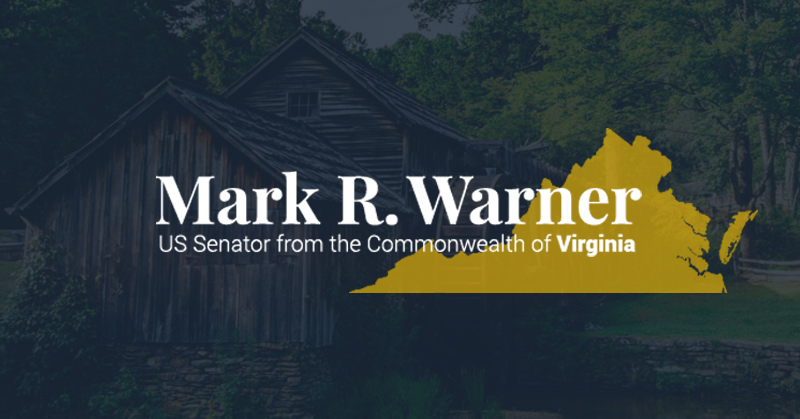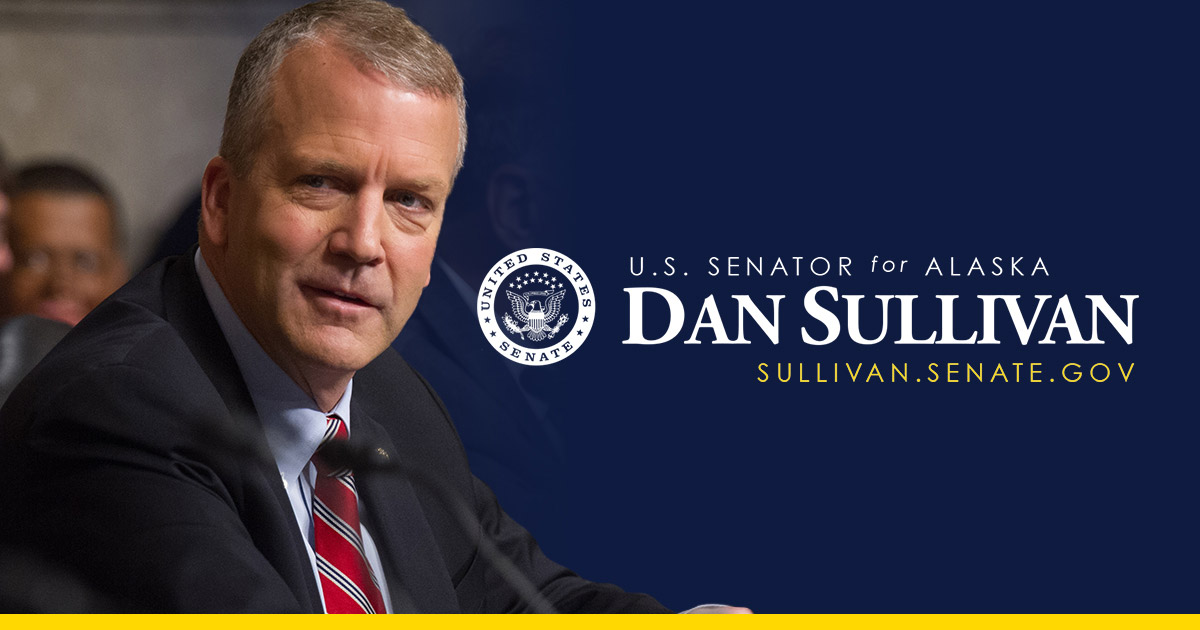Source: United States Senator for Illinois Dick Durbin
06.13.23
Today, Durbin spoke at the award ceremony, where he acknowledged Congresswoman Cheney’s courage in her efforts to hold former President Trump accountable for his actions on January 6, 2021
WASHINGTON – U.S. Senate Majority Whip Dick Durbin (D-IL) today delivered remarks at the University of Illinois award ceremony for the Paul H. Douglas Award for Ethics in Government and introduced this year’s honoree, former U.S. Representative Liz Cheney. In his remarks, Durbin praised Congresswoman Cheney’s efforts to hold former President Donald Trump accountable for the incitement of the Capitol insurrection on January 6, 2021, despite pushback from the Republican Party.
Durbin began his speech by recounting Congresswoman Cheney’s upbringing in the Republican Party, and how she stood up to party leadership when faced with the decision to defend the actions of President Trump for the sake of party unity or stand for integrity and accountability in government.
“Congressman Liz Cheney is not just any Republican. She is the scion of a Republican dynasty… She was elected to the House by the people of Wyoming, the state that gave Donald Trump 70 percent of its votes in 2020, the largest margin of any state… As chair of the House Republican Conference, she was the highest-ranking elected woman in the history of the Republican Party,” Durbin said. “With our democracy in grave peril, Liz Cheney made a decision that seemed to some to defy her upbringing. She stood up to her party. At great personal and political risk, she told the truth. And she insisted on accountability. Even when threatened with the loss of her leadership post and her seat in Congress, she refused to defend the man who had summoned the mob, or parrot his lie that the 2020 Presidential election was stolen.”
Durbin continued, “She was one of only 10 Republican House members who voted to impeach Donald Trump for his role in inciting the insurrection. She defied her party’s leadership by supporting the establishment of an independent, bipartisan commission to investigate the January 6th attack on the Capitol.”
Durbin concluded his remarks by noting that Congresswoman Cheney’s legacy will be her bravery and commitment to democracy even when it was not politically expedient.
“History will recall Liz Cheney for her singular role as vice chair of the January 6th Commission and for her fearless and unequivocal resolve to tell the truth, no matter what it cost her,” Durbin said. “For that alone, Congresswoman Cheney deserves our nation’s thanks. And I commend the University of Illinois and the Institute of Government and Public Affairs for acknowledging her patriotism and courage, and awarding her the 2023 Senator Paul Douglas Ethics in Government Award.”
Named for the former Illinois Senator, the Paul H. Douglas Award for Ethics in Government is presented to a person whose public actions and contributions have demonstrated a deep understanding and respect for ethical behavior and standards in government. Past recipients include former President Barack Obama, the late Senator Paul Simon, retired Supreme Court Justice Sandra Day O’Connor, and the late Supreme Court Justice John Paul Stevens.
Photos from the event are available here.
Durbin’s full remarks as prepared for delivery appear below:
Remarks by Senator Richard J. Durbin
Senator Paul H. Douglas Ethics in Government Award
I want to thank our hosts: University of Illinois President Tim Killeen; Vice President Jones and the talented staff at the Institute of Government and Public Affairs.
I also want to acknowledge my dear friends Jean and Ned Bandler and members of the Douglas family. Jean is Senator Douglas’s daughter. Former members of Mr. D’s staff. There are still a few of us lucky folks around and family and friends of Congresswoman Cheney.
After our long COVID hiatus, the Paul H. Douglas Award for Ethics in Government is back!
And I am delighted.
Paul Douglas taught me that true patriotism is not the loud braying of a mob. Often, it is the quiet resolve to stand up to the mob.
And he showed me that preserving democracy can sometimes demand great personal sacrifice. It certainly did of him. Paul Douglas lost the use of his left arm fighting in some of the fiercest battles of World War II.
I think it’s a safe bet that joining the Marines at the age of 50 and insisting on being sent into combat was not a choice many would have predicted from an economics professor-turned politician who had been raised as a Quaker. But that was Paul Douglas’s choice.
Today, we honor a woman whose brave choices to defend our democracy may strike some as equally unlikely.
Congressman Liz Cheney is not just any Republican. She is the scion of a Republican dynasty. The daughter of a former Congressman … Defense Secretary … and Vice President of the United States.
She was elected to the House by the people of Wyoming, the state that gave Donald Trump 70 percent of its votes in 2020, the largest margin of any state. A state so conservative that political choices there are sometimes described as “red” and “redder.”
As chair of the House Republican Conference, she was the highest-ranking elected woman in the history of the Republican Party. There were whisperings that she might one day become the first Republican woman President of the United States.
Then came January 6th and the violent attempted coup against American democracy. The first and only time in our nation’s history that a President used political violence to try to overturn an election and prevent the peaceful transfer of power.
With our democracy in grave peril, Liz Cheney made a decision that seemed to some to defy her upbringing. She stood up to her party. At great personal and political risk, she told the truth. And she insisted on accountability.
Even when threatened with the loss of her leadership post and her seat in Congress, she refused to defend the man who had summoned the mob, or parrot his lie that the 2020 Presidential election was stolen.
She was one of only 10 Republican House members who voted to impeach Donald Trump for his role in inciting the insurrection.
She defied her party’s leadership by supporting the establishment of an independent, bipartisan commission to investigate the January 6th attack on the Capitol.
When Senate Republicans twice filibustered the creation of that independent commission, Liz Cheney and one other courageous Republican House member – someone many of us know, Congressman Adam Kinzinger of Illinois – agreed to serve on a House Select Committee to investigate January 6th.
Both chose conscience over capitulation. Both endured intense personal threats to their safety. Both were rebuked publicly by their party – the first time the Republican National Committee had ever censured sitting Republican members of Congress.
In the end, both sacrificed their seats in Congress for their defense of democracy and the truth.
I was there on January 6th, and I can tell you, it was one of the most frightening days of my life—not simply because of the danger the mob posed to members of Congress, but because of the grave danger it posed to democracy itself.
Remember what we saw – what the world witnessed that day:
A defeated President whipping a mob into a frenzy … directing them toward the Capitol … and commanding them to, quote, “fight like hell” to stop the peaceful transfer of power.
Thousands of rioters – many of them armed – laying siege to the Capitol … bludgeoning police officers for hours with fists, flags, and whatever weapons they could find. Five officers who fought the mob ultimately died, and more than 140 others were seriously wounded.
Remember the mob marauding through the Capitol … the gallows erected on the Capitol lawn.
And remember the silence from the White House. The hours-long failure of President Trump to dispatch the National Guard. That was not simply neglect. It was approval.
Our freedom cannot be preserved by constitutional requirements, norms, or institutional guardrails alone. In the end, democracy must be defended by brave individuals, true patriots, who are willing to sacrifice their comfort, their careers, and even their lives for democracy and the truth.
Many such patriots arose on January 6th, and in the days preceding and following it. I mentioned Congressman Adam Kinzinger.
America is indebted to many others as well, including state leaders who stood up to intense pressure to overturn their states’ election results … Justice Department officials who refused to say that the election results were fraudulent … election workers who refused to stop counting every ballot … and the brave police officers who defended the Capitol.
Among all of these patriots, and more, history will recall Liz Cheney for her singular role as vice chair of the January 6th Commission … and for her fearless and unequivocal resolve to tell the truth, no matter what it cost her.
Along with the commission’s chair, Congressman Bennie Thompson, her unflinching work helped clarify for the American people what really happened on January 6th … how close we came to catastrophe … and how important it is for each of us to defend our democracy if and when history calls us to do so.
For that alone, Congresswoman Cheney deserves our nation’s thanks. And I commend the University of Illinois and the Institute of Government and Public Affairs for acknowledging her patriotism and courage, and awarding her the 2023 Senator Paul Douglas Ethics in Government Award.
And now, please join me in welcoming Senator Douglas’s grandson, John Bandler, who is speaking today on behalf of the Douglas family.
-30-








